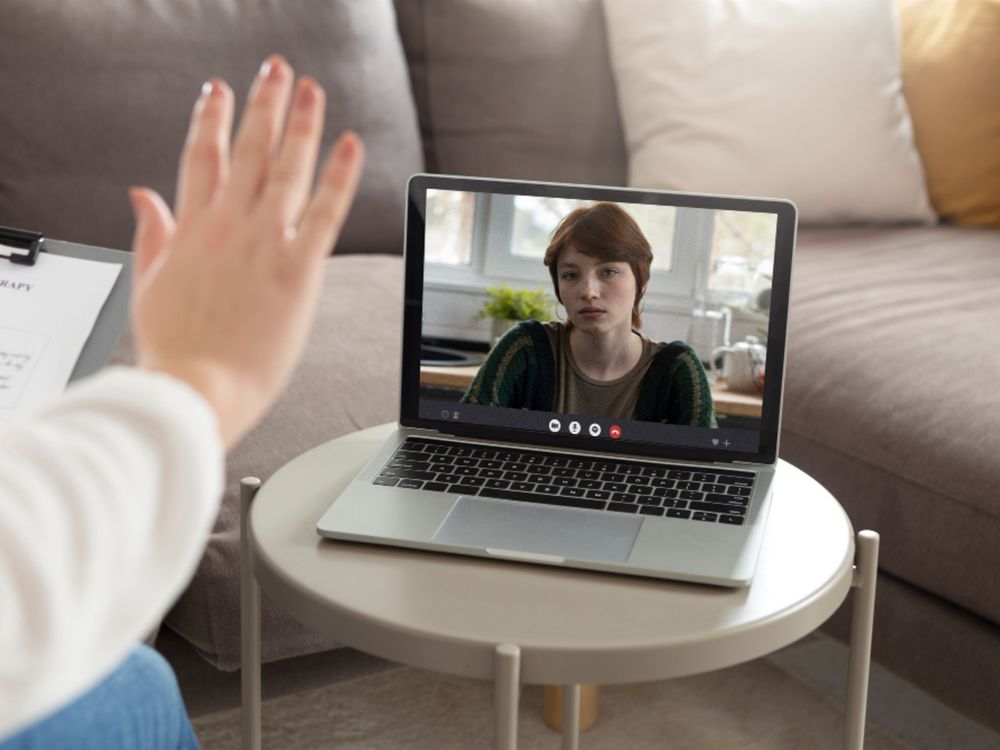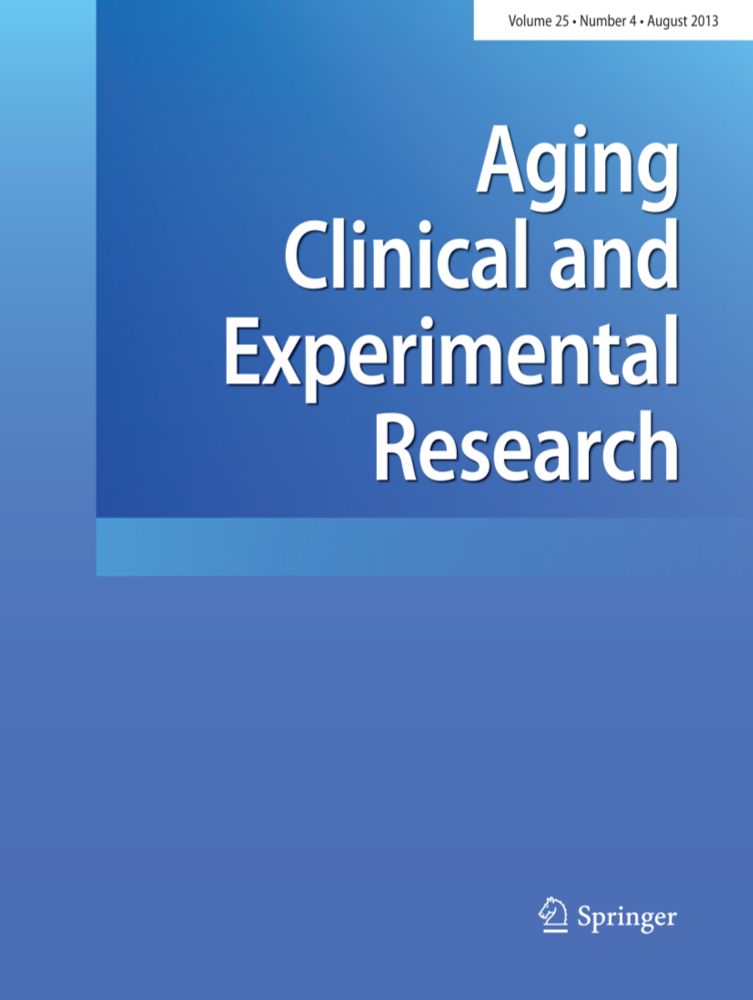Posts
Media
Videos
Starter Packs
Reposted
JMIR Publications
@jmirpub.bsky.social
· Jun 13

Determinants of Patient Use of Tele#MentalHealth Services: Representative Cross-Sectional Survey From Germany
Background: Tele#MentalHealth services effectively address major challenges in #MentalHealthcare delivery. To maximize the potential of the services, it is essential to facilitate patient use and reduce use disparities. Nevertheless, determinants of patient use of tele#MentalHealth services have been scarcely investigated thus far. Objective: We aimed to identify determinants of patient use of tele#MentalHealth services since the onset of the COVID-19 pandemic and currently. Methods: In December 2023, we conducted a cross-sectional, quota-based (gender and age group) online survey. The sample comprised individuals aged 18 to 74 years, who had been using #MentalHealth services since March 2020 (n=2,082). Tele#MentalHealth services use was assessed using items that inquired whether individuals had used the services since March 2020 or currently (in the last four weeks). Logistic regressions were computed to test the associations of socioeconomic, access, #Health, COVID-19-related, psychosocial, and service factors as well as personality, and provider characteristics with patient use. Results: Younger age, a more positive patient attitude towards tele#MentalHealth services, a more positive provider attitude towards and higher provider skills for using the services were positively associated with patient use of tele#MentalHealth services since the onset of the COVID-19 pandemic. When exclusively looking at current use, positive associations with full-time employment, lower neuroticism, a more positive provider attitude towards the services, and use of the services to avoid stigmatization, long waiting times, or inconvenient scheduling were observed. Access, #Health, and COVID-19-related factors were not associated with patient use (since the onset of the COVID-19 pandemic and currently). Conclusions: Beyond socioeconomic factors, personality and a positive patient attitude towards the services, patient use of tele#MentalHealth services was associated with a positive provider attitude towards and skills for using the services, which underscores the need for provider support and training in tele#MentalHealthcare. Furthermore, avoiding stigmatization and higher convenience of the services were associated with patient use, which highlights the substantial potential of the services to address current #MentalHealthcare challenges.
dlvr.it
Reposted
JMIR Publications
@jmirpub.bsky.social
· May 29

Determinants of Patient Satisfaction With Tele#MentalHealth Services in Germany: Representative Cross-Sectional Postpandemic Survey Study
Background: Increasing patient satisfaction with tele#MentalHealth services is crucial for promoting widespread implementation and ensuring consistent utilization rates in the future, where the services could be a beneficial addition to routine #MentalHealthcare. Nevertheless, knowledge regarding determinants of patient satisfaction with tele#MentalHealth services is very limited. Objective: This study aimed to identify determinants of patient satisfaction with tele#MentalHealth services. Methods: A cross-sectional, quota-based (quotas: gender and age group) online survey was conducted in December 2023 in Germany. The sample included individuals aged 18-74 years who had received tele#MentalHealth services since March 2020 (n=854). Patient satisfaction with video, telephone, and asynchronous services was measured using the Telemedicine Satisfaction Questionnaire or the Client Satisfaction Questionnaire adapted to Internet-based interventions. The association of socioeconomic, access, #Health, psychosocial, personality, and COVID-19-related factors, as well as patient preferences and provider characteristics with patient satisfaction, was tested using multiple linear regressions. Results: A positive patient attitude towards tele#MentalHealth services and greater fear of COVID-19 as well as a positive and open provider attitude and higher provider skills for using the services were positively associated with patient satisfaction in all service groups (P
dlvr.it
Reposted
JMIR Publications
@jmirpub.bsky.social
· May 26

Determinants of Having Online Health Consultations During the #covid19 Pandemic Among Middle-Aged and Older Adults in Germany: Representative Longitudinal Survey Study
Background: During the #covid19 pandemic, telemedicine services represented a widely implemented alternative to in-person doctor and therapist appointments. Consequently, rates of telemedicine use rapidly increased worldwide, also in Germany. Research regarding longitudinal determinants of telemedicine use is needed, particularly from nationally representative German samples, to improve understanding of the use behavior of major target groups such as middle-aged and older adults. Objective: Therefore, this study aimed to longitudinally investigate determinants of online health consultation use among middle-aged and older individuals during the #covid19 pandemic in Germany. Methods: Nationally representative longitudinal data of German middle-aged and older adults (≥46 years old) were taken from the German Ageing Survey (DEAS). Data from the Compact Survey (conducted between June and July 2020) and wave 7 (conducted between November 2020 and March 2021) of the DEAS were observed (pooled analytic sample n=5,456). Having experienced consultations with doctors or therapists on online platforms served as the outcome measure. Associations with socioeconomic, health- and health behavior-related, psychological, and #covid19-related determinants were tested using random effects logistic regressions. Results: In our sample, 49% were female and the mean age of the participants was 67.8 years (SD=9.4). Past experience with online health consultations was reported by 10.3% of the sample. Online health consultation use was associated with high education (OR 1.43, 95% CI 1.06-1.93, p=.019), poor self-rated health (OR 0.60, 95% CI 0.49-0.75, p
dlvr.it
Reposted
Hinz&Kunzt
@hinzundkunzt.de
· Apr 4

Forscher über Einsamkeit: „Wer einsam ist, stirbt früher“
André Hajek gilt als einer der führenden Forscher zum Thema Einsamkeit. Im Interview erklärt der UKE-Professor, warum Einsamkeit krank macht, wann Social-Media-Nutzung problematisch ist und was gegen ...
www.hinzundkunzt.de
Reposted










